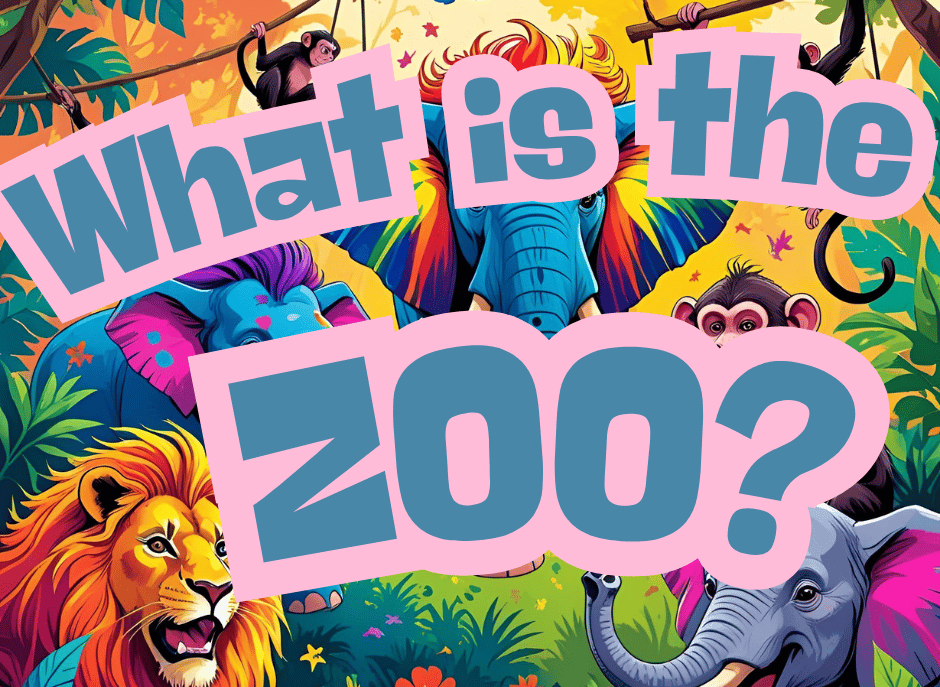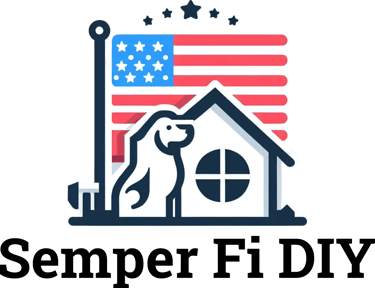When Chaos Feels Like Home: Are You Living in a Social Zoo?
What is a social zoo? How does it come to be, and how do you end up there? Most importantly, how do you break free?
SEMPER SANA
Annie Oakley-Baker
7/29/20252 min read


🧠 The Zoo: When Drama Becomes a Social Ecosystem
There’s a particular kind of social circle that doesn’t just tolerate chaos—it thrives on it. You know the one:
The group text is always lit with vague emotional updates.
Someone’s always “praying” but never actually helping.
And every week brings a new episode of “Did y’all hear what happened?”
Welcome to The Zoo—a relational ecosystem where drama isn’t just present, it’s currency.
🎭 What Is “The Zoo” Dynamic?
It’s a social loop where unrelated individuals orbit around shared chaos. These aren’t tight-knit communities built on trust—they’re loosely connected by gossip, trauma bonding, and emotional spectacle. Think of it as a reality show with no producers and way too many confessionals.
Common Zoo Behaviors:
Emotional baiting disguised as vulnerability
Passive prayer requests that double as gossip
Group sympathy loops that never lead to resolution
Trauma reenactments with rotating audiences
🧬 Why Do People Get Sucked In?
According to Dr. Scott Lyons, author of Addicted to Drama, some individuals become physiologically addicted to emotional intensity. It’s not just psychological—it’s neurological. The stress response releases chemicals that mimic a high, and over time, people seek out chaos to feel something.
Add to that:
Unprocessed trauma that makes calm feel unsafe
Addiction histories that normalize crisis as connection
Enmeshment conditioning, where emotional fusion equals love
And suddenly, you’ve got a group of people who bond through breakdowns, not breakthroughs.
🧠 The Research Backs It Up
Studies on group therapy and addiction recovery show that social circles heavily influence emotional regulation and relapse risk. Toxic environments can reinforce maladaptive coping mechanisms, especially in individuals with trauma or substance use histories.
In fact, drama bonding—where people feel most connected during shared crisis—is a documented phenomenon in trauma psychology. It creates a false sense of intimacy that’s hard to break without intentional healing.
🛑 How to Exit the Zoo Without Burning It Down
Name the Pattern: Awareness is the first step. Call it what it is—emotional spectacle.
Set Boundaries: You don’t have to attend every emotional fire drill.
Curate Your Circle: Healing requires environments that value peace over performance.
Create Through It: Satire, storytelling, and creative reflection are powerful ways to metabolize the madness.
✍️ Final Thought
The Zoo isn’t just a place—it’s a pattern. And once you see it, you can choose not to feed it.




